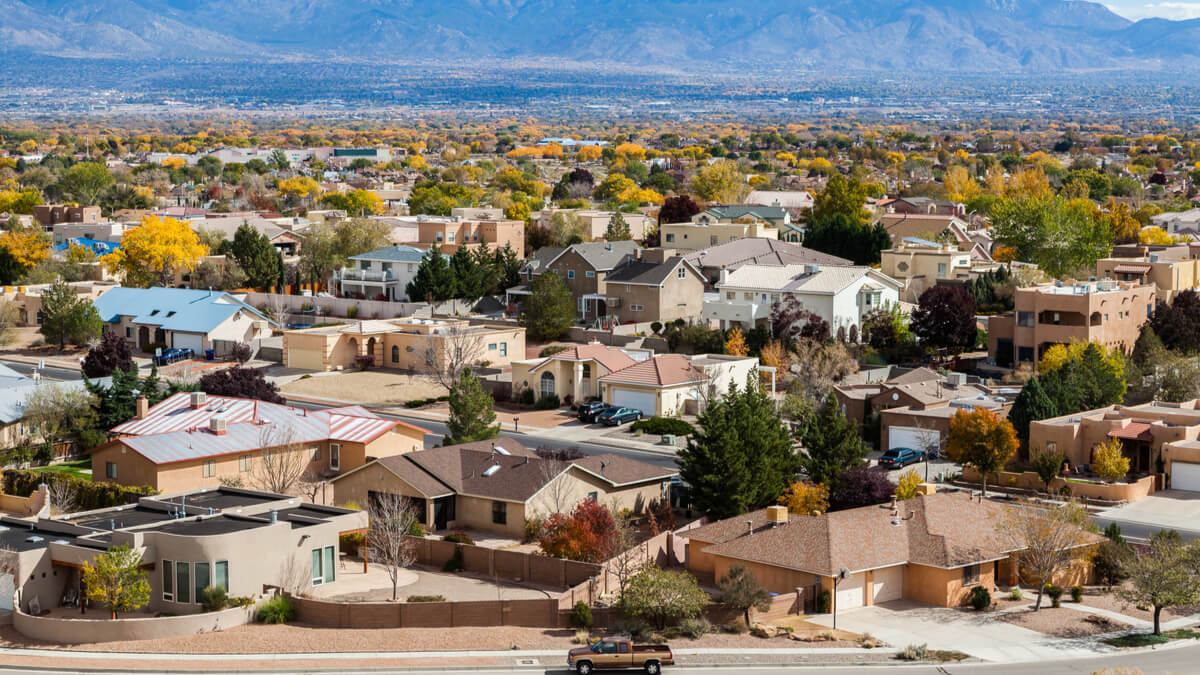Buying Property in Mexico – A Complete Guide for International Investors

Buying property in Mexico has become one of the most attractive opportunities for global investors and expatriates. With its beautiful beaches, vibrant culture, low living costs, and growing real estate market, Mexico offers exceptional value for money. Whether you’re seeking a vacation home, a rental investment, or a retirement property, understanding the legal, financial, and practical aspects is essential to make a smart purchase.
Understanding the Mexican Property Market
The Mexican real estate market is diverse, ranging from luxury beachfront villas and modern city condos to colonial homes and rural estates. Property prices vary significantly depending on location. Popular regions such as Cancún, Playa del Carmen, Tulum, Puerto Vallarta, and Los Cabos command higher prices, while inland cities like Mérida, Querétaro, and San Miguel de Allende offer great value with strong appreciation potential.
Foreign buyers continue to shape Mexico’s property landscape, driven by the country’s stable economy, welcoming investment laws, and affordable cost of living. Moreover, the tourism boom in major resort areas keeps the rental market thriving, providing consistent returns for investors.
Can Foreigners Buy Property in Mexico?
Yes. Foreigners can legally buying property in Mexico, but there are specific rules for certain zones. According to the Mexican Constitution, foreigners cannot directly own land within 50 kilometers (31 miles) of the coast or 100 kilometers (62 miles) of the borders. However, this restriction is easily navigated through a fideicomiso, or bank trust, which allows foreigners to hold beneficial rights to the property.
The fideicomiso is established with a Mexican bank, where the bank acts as the trustee and you, the buyer, are the beneficiary. You can sell, lease, inherit, or modify the property just like any other owner. The trust typically lasts 50 years and can be renewed indefinitely.
For properties outside the restricted zones, foreign buyers can directly own land through a simple property deed (escritura pública), registered under their name.
Step-by-Step Process of Buying Property in Mexico
1. Research and Identify the Right Location
Start by researching locations that match your lifestyle and investment goals. Coastal regions such as Riviera Maya or Baja California Sur are excellent for rental income, while colonial towns like San Miguel de Allende are ideal for cultural living and long-term appreciation.
2. Engage a Qualified Real Estate Agent
Work with a licensed, bilingual real estate agent experienced in dealing with foreign buyers. A reputable agent will help identify legal properties, negotiate prices, and guide you through the documentation and legal formalities.
3. Make an Offer and Sign the Sales Agreement
Once you’ve found the right property, you will make a formal offer through a sales agreement (Contrato de Promesa de Compraventa). This document outlines the price, conditions, and closing date. At this stage, you will usually pay a deposit (typically 5–10%) to secure the property.
4. Conduct a Title Search and Due Diligence
A Mexican notario público (notary public) plays a critical role in verifying that the title is clean, free from debts, liens, or ownership disputes. Due diligence also includes checking that all property taxes and utility bills are paid. Never skip this step—it protects your investment.
5. Set Up a Bank Trust (Fideicomiso) if Required
If the property is within the restricted zone, your notary and agent will help you establish the fideicomiso with a recognized Mexican bank. The process is straightforward and typically takes 4–6 weeks.
6. Sign the Final Deed and Register the Property
The final deed (escritura pública) is signed before the notary public. Once the purchase funds have been transferred, the notary registers the deed with the Public Registry of Property, making you the official owner.
Understanding Property Taxes and Fees
Owning property in Mexico involves several fees and taxes:
- Acquisition Tax (Impuesto Sobre Adquisición de Inmuebles): Generally 2–4% of the property’s value.
- Notary Fees: Around 1–2% of the transaction cost, depending on location.
- Registration Fees: Approximately 0.5–1% of the property value.
- Annual Property Tax (Predial): Very low compared to the U.S. or Europe—usually 0.1–0.2% of the assessed value.
These fees make Mexico one of the most affordable countries for real estate ownership and maintenance.
Financing Options for Foreign Buyers
While cash transactions are the most common, foreigners can obtain financing from select Mexican banks, U.S.-based lenders, or private mortgage companies specializing in cross-border transactions. Most lenders require a down payment of 30–40%, along with proof of income and credit verification.
Alternatively, some developers offer seller financing, allowing buyers to pay over time with flexible terms. This is especially popular for pre-construction properties.
Investing in Rental Property in Mexico
The rental property market in Mexico is flourishing. With millions of tourists visiting each year, short-term rentals through platforms like Airbnb or VRBO provide lucrative opportunities. Beachfront areas like Tulum, Puerto Vallarta, and Cabo San Lucas have some of the highest rental yields in Latin America.
To maximize returns, investors should focus on well-located properties near beaches, downtown areas, or major attractions. It’s also wise to hire a local property management company to handle bookings, maintenance, and guest relations.
Legal Protection and Ownership Rights
When buying property in Mexico, your ownership rights are fully protected under Mexican law, whether held through direct ownership or a fideicomiso. The notary ensures all transactions are legally binding and properly recorded.
It’s also recommended to have all contracts translated and reviewed by a bilingual attorney specializing in Mexican real estate law to avoid misunderstandings.
Key Benefits of Buying Property in Mexico
- Affordable property prices compared to North America and Europe.
- Strong rental demand due to tourism and expatriate communities.
- Low annual taxes and maintenance costs.
- Stable economy and favorable investment climate.
- Attractive retirement visa programs for long-term stays.
These benefits make Mexico a prime destination for both lifestyle and investment-oriented property buyers.
Best Places to Buy Property in Mexico
- Playa del Carmen – Perfect for vacation rentals and lifestyle investments.
- Tulum – Known for eco-luxury living and rapid property appreciation.
- Puerto Vallarta – Popular among retirees and digital nomads.
- Mérida – A colonial gem with affordable prices and cultural richness.
- Los Cabos – Luxury coastal properties with excellent rental income.
- San Miguel de Allende – Ideal for retirees seeking charm and tranquility.
Each destination offers unique advantages depending on your goals—whether income, lifestyle, or long-term investment.
Conclusion
Buying property in Mexico can be one of the most rewarding financial and lifestyle decisions you make. With the right research, legal guidance, and trusted professionals, owning a home in Mexico is safe, profitable, and surprisingly straightforward. From coastal villas to historic colonial homes, Mexico presents countless opportunities for investors seeking both value and beauty.
At every step, ensure you work with licensed agents, verify ownership documents, and understand local regulations. With careful planning, your investment in Mexico can provide not only financial growth but also a high-quality lifestyle in one of the world’s most enchanting countries.
